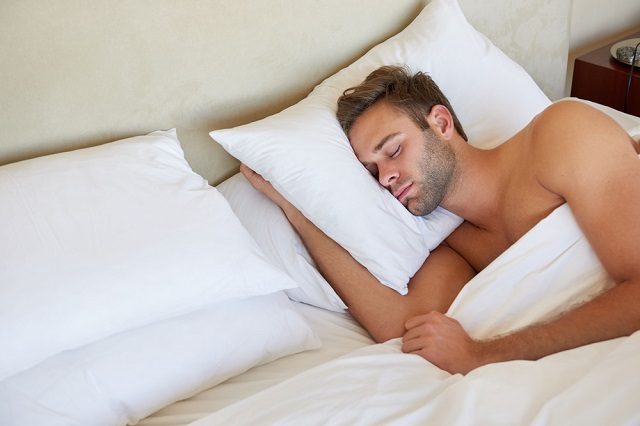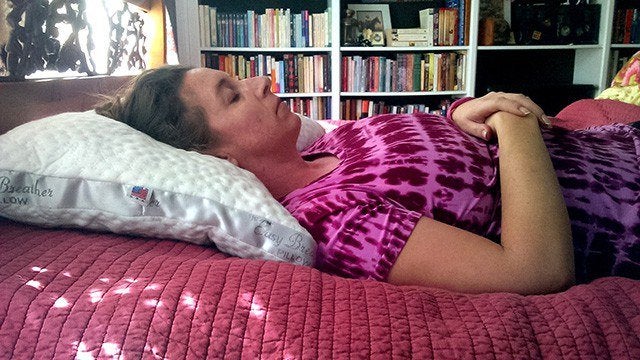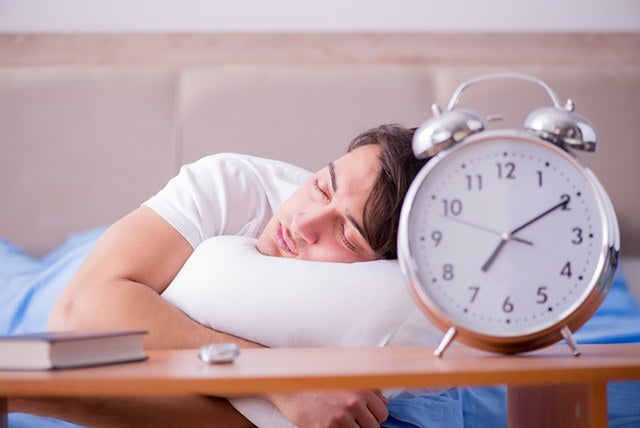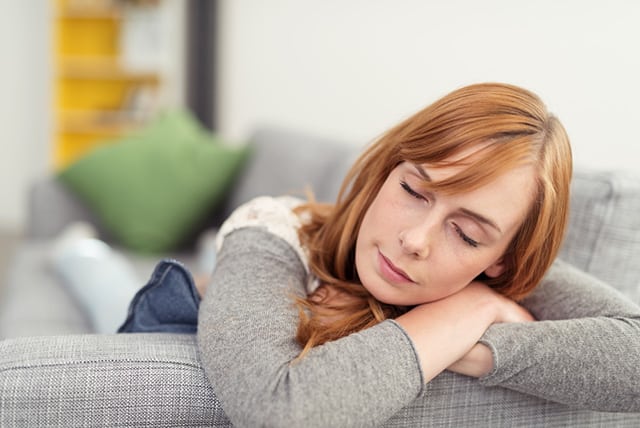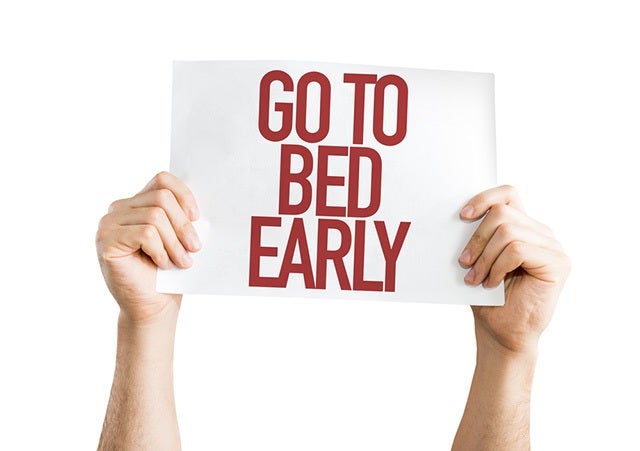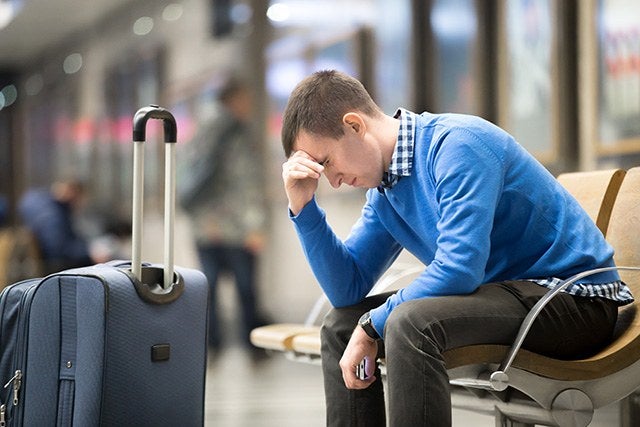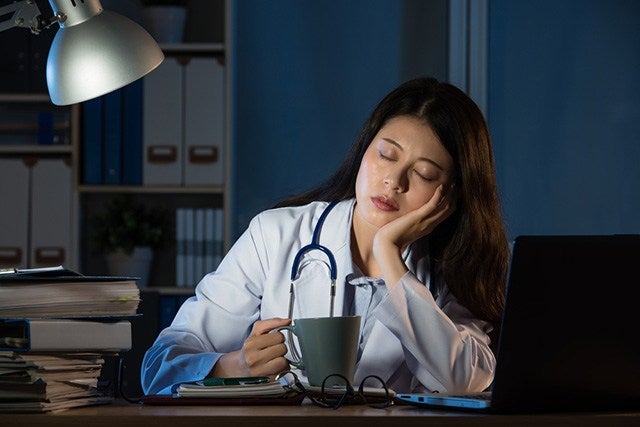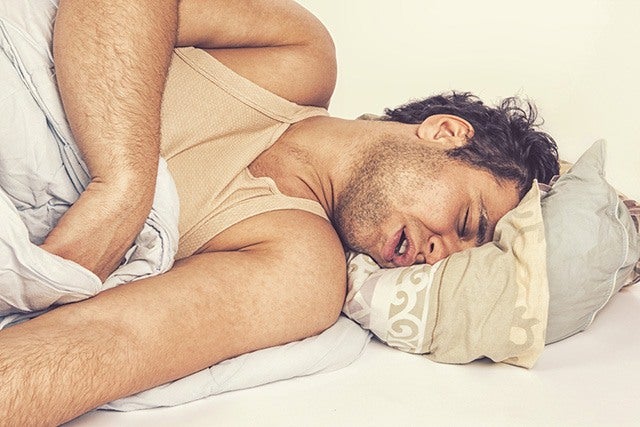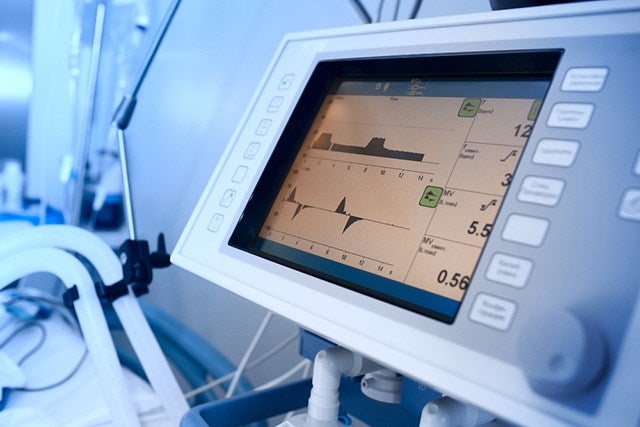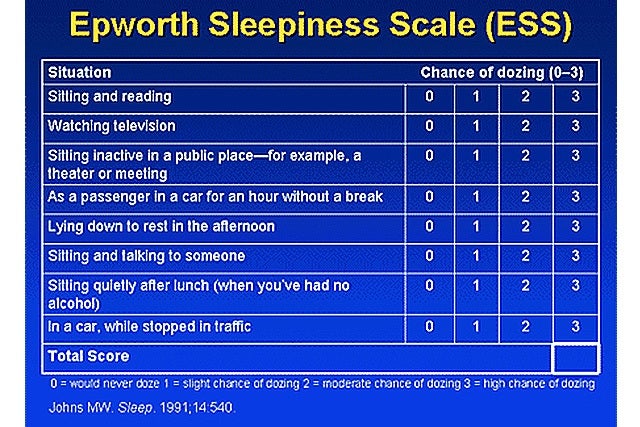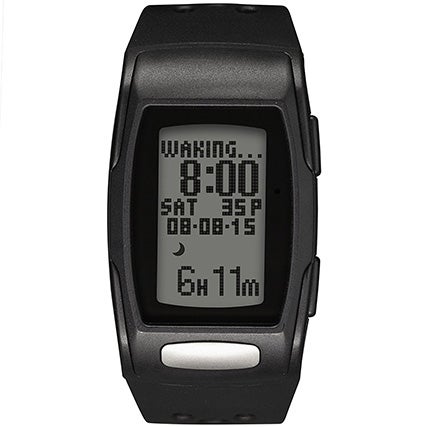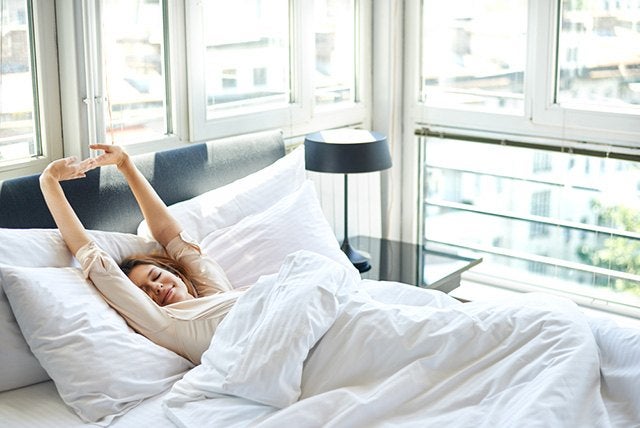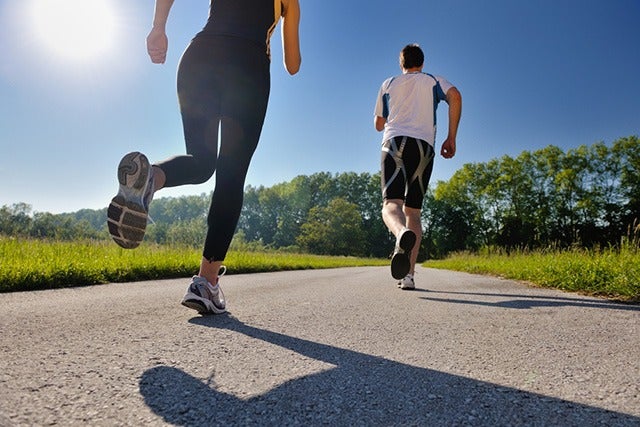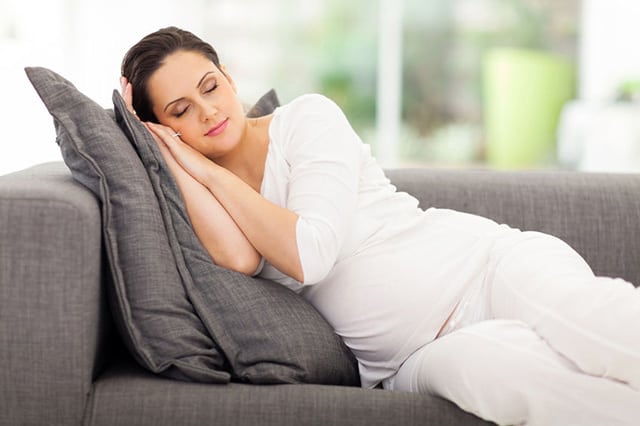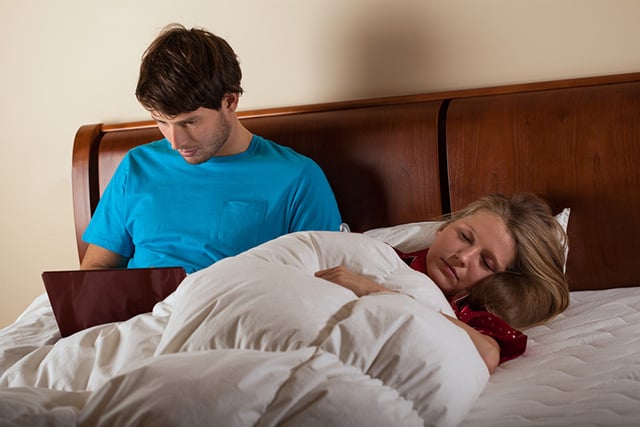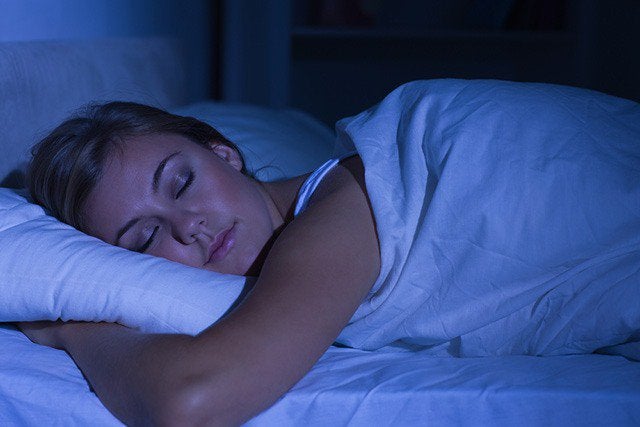Sleep is an important part of life. If you aren’t getting enough of it, it can wreak havoc on your body. Inside of all of us, we have an internal circadian biological clock. This regulates the timing periods of wakefulness and sleepiness.
Generally, we have the strongest sleep drive between 2:00-4:00 a.m. and between 1:00-3:00 in the afternoon. If our sleep is sufficient enough, the dips in our circadian will be less intense. This rhythm also helps us stay alert throughout the day. On average, adults need 7-9 hours of sleep and teens need 14-17 hours. If we aren’t getting enough sleep, or sometimes even too much sleep, it can affect our biological clock.
You may be interested in: Getting To Know Polyphasic Sleep & How It Works
Our Biological Clock
By definition, our biological clock is “an inherent timing mechanism in a living system that is inferred to exist in order to explain the timing or periodicity of various behaviors and physiological states and processes”. In layman’s terms, our internal clock is responsible for determining the exact time when you snooze or stay awake. Both this and your sleep-wake cycle are vital for sleep drive.
Sleep Drive
We’ve all had those days when you just can’t keep your eyes open. This is an undeniable drive to sleep. Sleep-wake Homeostasis regulates the body’s internal environment. It is responsible for maintaining acidity, temperature, etc.
Sleep-wake homeostasis is kind of like an internal timer that generates pressure for slumber. This is determined by the amount of time that has passed since the last time you slept at an adequate level. Basically, the longer we are awake, the stronger the urge is to shut our eyes and drift off. If your cycle is damaged, this can have major effects on your body such as:
- Insomnia
- Daytime sleepiness
- Cannot maintain sleep
- Difficulty determining when to sleep or stay awake
What Controls Sleep?
One question that a lot of people can’t help asking is “what part of the brain controls sleep?”. This would be a few different parts, actually. The Pons, or bridge, controls slumber and consciousness. The Midbrain, which contains the Substantia negra, produces dopamine. The dopamine controls sleep as well. The other part of the brain, which is responsible for your sleep-wake cycle, is the hypothalamus, a structure within the Diencephalon. All of these parts of your brain work together to help tell you when it’s time to go to bed or wake up.
Circadian Rhythm
What exactly is the circadian rhythm and what is it responsible for? Well, this is what controls how you feel during the day. Have you ever noticed that you may start to crash around the same time every day or feel energized?
This is due to your circadian rhythm. It’s pretty much a 24-hour internal clock that helps your body cycle through sleepiness and wakefulness. These rhythms, however, can be different for each person, especially those in their teenage years. If you’re caught up on all of your sleep, you won’t feel the dips and rises in your rhythm as described above.
This rhythm is also responsible much more than just sleep. It also influences eating habits, digestion, body temperature, bodily functions, and hormone release. Your biological clock, which is different than your rhythm, can actually run too fast or too slow resulting in an abnormal rhythm. Irregular circadian rhythms have been linked to multiple chronic health conditions such as depression, bipolar disorder, obesity, diabetes, and other sleep disorders.
If you already suffer from a sleep disorder, such as insomnia, this can make everything go haywire. Your rhythm will be completely out of sync, and it can cause some serious health issues. This is why it is best to see a doctor if you think that you aren’t getting enough sleep.
Circadian Rhythm Disorders
If you’re suffering from a circadian rhythm disorder, your sleep times are probably out of alignment or you don’t follow the normal sleep times at night.
Delayed Sleep-Wake Phase: This is a pattern that is delayed by two or more hours. This would lead to a person going to sleep later at night and sleeping later in the morning. This person could also have trouble falling asleep, unable to be awakened at a socially acceptable time, have stable but delayed sleep times for at least seven days.
Irregular Sleep-Wake Rhythm: This will cause a person’s rhythm to be so out of control that there’s no clear pattern of sleep and wake. These people may snooze on and off by napping over a 24-hour period.
Advanced Sleep-Wake Phase: This will cause people to fall asleep earlier than normal bedtimes and wake up earlier than most people wake up in the morning.
Jet Lag: Traveling across multiple time zones will result in difficulty with their changing schedule. This is relevant to those traveling overseas or across the states.
Shift Work: Those who have a non-traditional work schedule which involves shifts in work when most people are sleeping can cause this disorder. It can cause your sleep to be poor, and you may have consistent feelings of exhaustion or fatigue. This is mostly for those who work the graveyard shift or those who work double’s overnight.
You may want to read: The Correlation Between Shift Work and Sleep
Non-24 Hour Sleep-Wake Rhythm: This is a disorder that can cause a person’s sleep time to go in and out of alignment at times.
Diagnosing The Disorder
There are some pretty easy ways to diagnose a circadian rhythm disorder. Some of them can be done at home and brought into your doctor, while others involve sleep studies.
Sleep Logs
These are logs that identify a person’s sleep-wake cycle in their normal environment. In these logs, the person is asked to describe how they slept on the previous night.
Sleep Studies
Generally, these are performed in a lab and will monitor how a person sleeps while measuring oxygen levels, number of times they stop breathing, and how much they snore.
Imaging Studies
CT scans and MRI’s are done to check for any neurological disease, infections, or airway blockages that may be causing sleep disturbances.
Epworth Sleepiness Scale
This is based on a questionnaire that will rate a person’s response to 8 situations on a scale from 0-3. Generally, a score of 10 will trigger an investigation into the issue.
Actigraphy
This is a motion sensor that is worn on the non-dominant wrist to measure sleep-wake cycles. This study is based on the thought that a person’s wrist motion will decrease during slumber allowing the measure of the sleep-wake cycle over time.
How To Help Your Rhythm Get Back To Normal
It’s possible to adjust the timing of your internal clock, but it’s tricky. The interventions used determine how strong the effect will be and the direction of the effect. You can do this by use of melatonin or light. Light would the most effective stimulus for your body’s clock adjustment. If you use light exposure in the evening, it can shift your body’s clock later. Exposure to light in the morning will move your body’s clock earlier.
Melatonin Tablet
Exercise
Melatonin is another method that is used to help somebody fall asleep at certain desired times. You just take a small dose in the evening to help move your clock earlier and help with the onset of sleep. Exercise can also help with this and has the similar effect of light exposure. Teenagers and adults who may suffer from insomnia may benefit from exercise early in the morning.
What To Avoid
Avoiding cigarettes, caffeine, alcohol, and other stimulants before bedtime is vital to getting a good night’s rest.
You should also avoid large meals and excessive liquids. This will ensure that you don’t have issues with gas pains or having to go to the bathroom throughout the night.
During the day, avoid napping. This will help properly maintain your cycle.
You should also avoid using your bed for anything other than sleeping and intimacy.
Lastly, control your environment. Dim the lights, maintain a comfortable room temperature and limit noise unless you need it to sleep.
Final Thoughts
Your circadian rhythm plays a huge part in how you snooze and how you feel. If it’s all out of whack, you aren’t going to have the energy you need to get through the day. You may even find yourself falling asleep at work or in some dangerous places such as behind the wheel of your car. It’s important that you get yourself on a good sleep-wake cycle so that you can be on your toes all day, every day.
At night, you lay down on a comfortable mattress, turn off the lights, and close your eyes. Those who have a severe issue, depending on the type of disorder associated with your circadian rhythm, may be prescribed with medication to help with sleep. Living with this disorder can be frustrating to a lot of people. Remember to always talk with your doctor if you suspect that you have a problem with your sleep health. Don’t ever take any medication without the approval of your healthcare provider!
